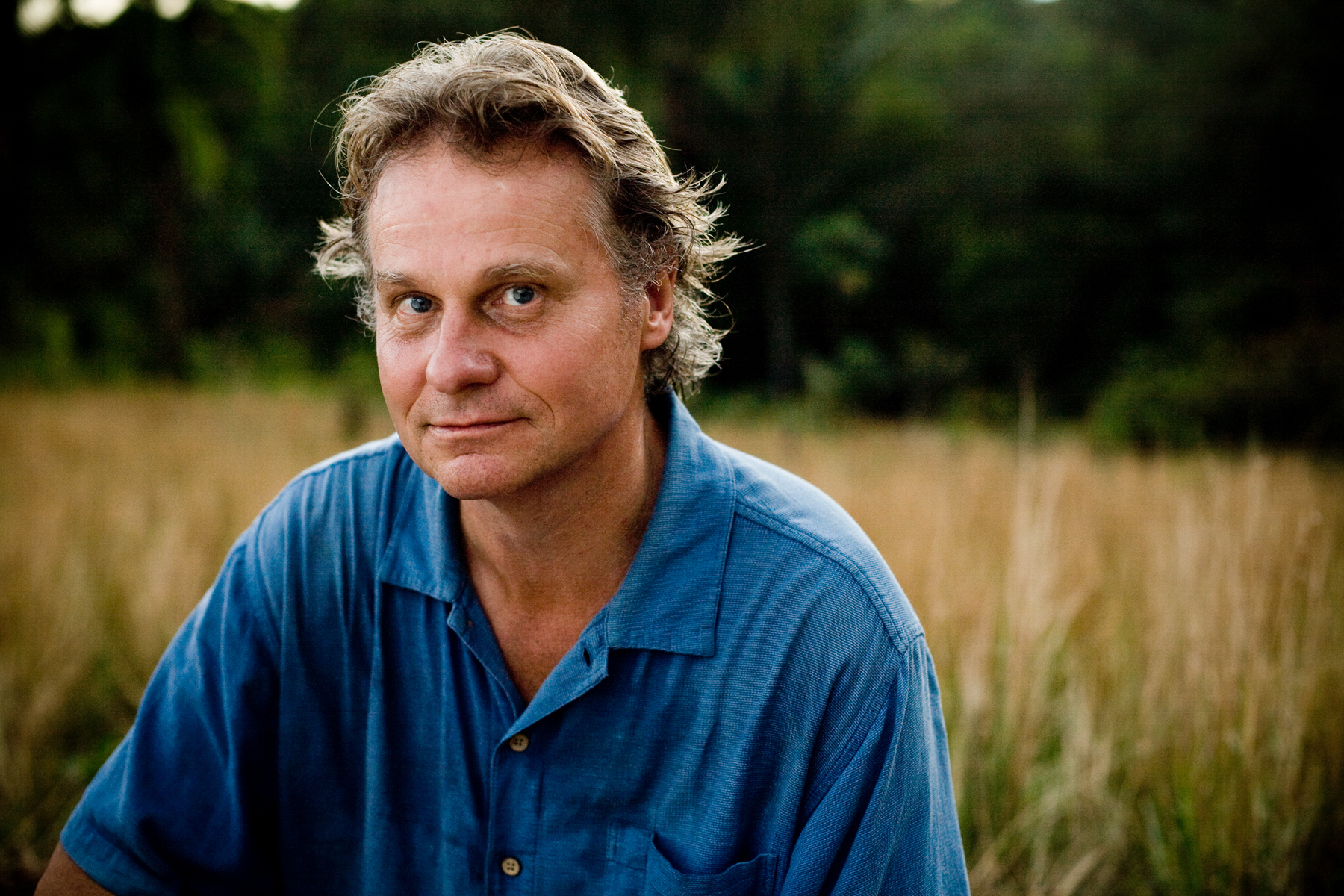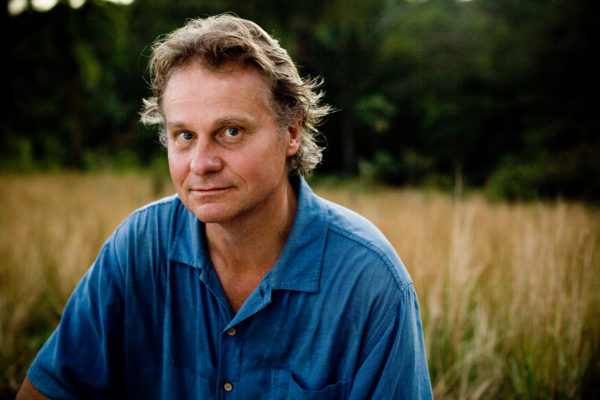
25 Jul Changing How We Look at the Natural World
David Suzuki, Ronald Wright and Telluride Mountainfilm regular Wade Davis talk about the fact “We Must Change the Way We Look at the Natural World.” Insights in this EcoWatch blog by James Hoggan that follows.

In my last blog I reported some dire warnings from several of the world’s top scientists, experts who are able to present facts about species extinction and climate change in ways we can all absorb. I have never been a pessimist, but we cannot ignore these alarm bells or allow ourselves to get bogged down in denial and acrid debate. These problems are serious and they won’t go away on their own.
As I explain in my new book, I’m Right and You’re an Idiot, the driving mechanism behind significant social change is an urgent sense of the moral challenge combined with a credible path forward. Social justice advocate Marshall Ganz stresses that both dissonance and hope must be present if we are to spark change. MIT Sloan School of Management’s Otto Scharmer adds the success of any intervention depends less upon the specific actions taken, and more upon the inner condition of the intervener.
So clearly, if we want to solve these global environmental problems we need to change the way we see the world and the way we interact with nature. And we also need to shift not only our attention but also our intention.
In this blog I highlight the insights of three experts who urge us to do this by tapping into mankind’s extraordinary gift of foresight, the lessons of history and the wisdom of indigenous cultures….
Modern cultures are famously myopic when it comes to their world view, concurs Canadian anthropologist and ethno botanist Wade Davis, a National Geographic Society explorer-in-residence whose work has taken him from Peru to Polynesia, from the Amazon rainforest to the Mali desert. “That kind of cultural myopia has been the curse of humanity, and today it is evident in the way we think about the natural world,” Davis said.
Most traditional cultures and indigenous people have a reciprocal relationship with the world. “They don’t see it as just a stage upon which the human drama unfolds,” he said. “They see it literally as a series of reciprocal exchanges in which the Earth has absolute obligations to humanity, and humanity has obligations to the Earth…”
Continue reading here for further insights.


Sorry, the comment form is closed at this time.